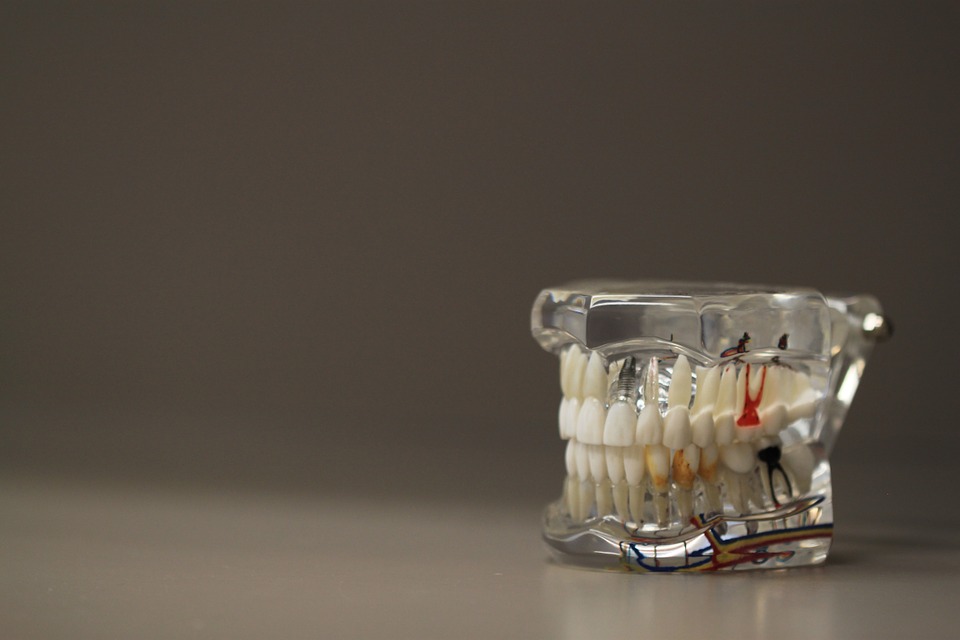
Recent research published in Diabetes, Obesity, and Metabolism has shown that intensive diabetes treatment can positively impact periodontal health. This demonstrates that periodontal inflammation can be improved through intensive diabetes treatment despite the known link between diabetes and periodontal disease.
It is widely believed that diabetes and periodontal disease are interrelated. While it has been shown that treating periodontal disease improves blood glucose control, the effect of diabetes treatment on periodontal disease has remained largely unknown.
A collaborative research team from Osaka University conducted a two-week intensive diabetes treatment study with 29 type 2 diabetes patients. The results showed improvements in blood sugar control and periodontal health indicators. Patients who showed significant periodontal improvement also had higher pre-treatment C-peptide levels, suggesting better insulin secretion and less severe diabetic neuropathy and peripheral vascular disorders.
“These research findings are expected to advance our understanding of the relationship between diabetes and periodontal disease,” says senior author Masae Kuboniwa. “Improving periodontal disease in diabetic patients requires both periodontal treatment and early diabetes management. Promoting collaboration between medical and dental care from the early stages of diabetes can significantly prevent the onset and progression of periodontal disease in diabetic patients.”